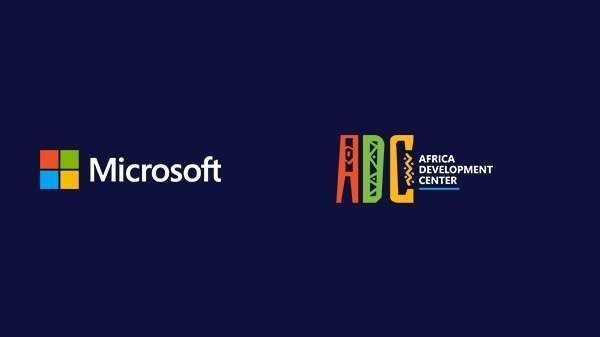Microsoft has announced the launch of a program aimed at increasing the level of expertise of university lecturers teaching technology-related classes. The program is a joint effort on the part of Microsoft Leap and the Microsoft Africa Development Center (Microsoft ADC).
The program will use a blended classroom model and practical training to provide lecturers with a deeper understanding of industry requirements and motivate a curriculum change that will align university classrooms with the requirements of the technology industry. The program began on March 6th and will last for 12 weeks.
At the program’s launch, Catherine Muraga, Microsoft ADC Managing Director said, “This program is the result of collaboration on many fronts, including university lecturers and their students. The training has been designed to provide lecturers with hands-on experience with industry needs, allowing them to design effective teaching for their students in an equally practical manner.”
She continued, “The course will also expose them to advanced topics and allow them to learn and experiment with effective teaching techniques while obtaining essential aspects of carrying out research studies.”
Microsoft Leap’s Senior Business Program Manager, Yolanda Natal-Santos also had this to say, “Rooted in our culture of the growth mindset and the belief that digital skills are for everyone, we are grateful for our partnership with the Microsoft ADC, as we extend Microsoft Leap’s global reach to a region that is rich in culture and talent. The growth of our partnership with the Microsoft ADC has provided our program with a platform to continue identifying, engaging, and aligning with changemakers in Africa, as we impact and elevate together.”
Read also: Microsoft to invest in AI, cutting over 10,000 jobs
Impacts the Microsoft Program will make
The program will improve skills based on a curriculum that was developed by Microsoft Leap instructors and will be taught by those instructors. The program will work in collaboration with Engineers from the ADC, Nairobi.
In addition to learning the technical aspects of programming and how to teach in a hybrid classroom, lecturers will also receive training on specific Microsoft tools. These tools are currently being used in classrooms all over the world and can be introduced into lecture halls in Kenya. The program will also provide popular Microsoft resources such as Microsoft Azure, Microsoft Power Platforms, and Microsoft Dynamics to technical educators along with the necessary tools for them to introduce those resources to their students.
Dr. Lawrence Nderu, Chairman/Lecturer of the Department of Computing, Jomo Kenyatta University of Agriculture and Technology said, “JKUAT’s Department of Computing is thrilled to participate in the Microsoft Skilling Program, as it will provide our staff with access to cutting-edge technologies and a leading global company. This opportunity to engage with industry-relevant skills and knowledge brings great joy to the university.”
The first group of 23 educators comes from a variety of different universities, both public and private, such as Jomo Kenyatta University of Agriculture and Technology (JKUAT), Multimedia University, and Kirinyaga University. Other universities include USIU-Africa, Zetech University, Africa Nazarene University, KCA University, and Kabarak University. Strathmore University is also included in this group.
About the Microsoft’s Africa Development Centre (ADC)
Microsoft opened its first Africa Development Center (ADC) in Africa in 2019, with the first location being in Nairobi, Kenya, and another location opening in Lagos, Nigeria. The centre, which is Microsoft’s 7th worldwide, recruits African software engineers tasked with developing innovative solutions that span both the intelligent cloud and the intelligent edge.
An expansion of Microsoft’s presence in Africa makes it easier for the company’s partners and customers to use Microsoft solutions in industries vital to the continent, such as financial technology, agricultural technology, and off-grid energy.
Microsoft is looking for talented software engineers with expertise in artificial intelligence (AI), machine learning, and mixed reality for the Advanced Development Center. The first group of engineers began their work that year, and the ADC planned to hire another 100 full-time engineers by the end of the same year, 2019, with the goal of increasing the total number of engineers employed at both locations to 500 by 2023. Software engineers interested in joining ADC can submit their applications at microsoftadc.com.
Microsoft has remained resilient in maintaining a global authority and its dominance in Africa proves that.
















